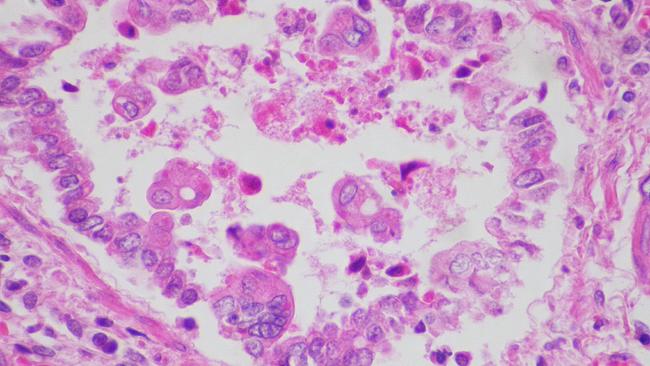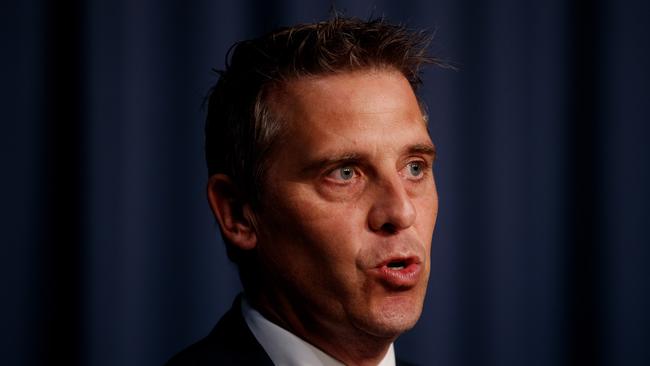NSW provides eligible infants access to RSV vaccination for free
Thousands of babies who are most at risk from a worrying virus will be eligible for a new vaccination rollout.
Nearly 9000 babies who are most at risk from respiratory syncytial virus (RSV) will be eligible for the new vaccination rollout across New South Wales.
From Monday, the initial rollout of a seasonal RSV immunisation program will be available for eligible infants who are particularly vulnerable to severe health impacts from RSV infection.

NSW Health Minister Ryan Park said treating clinicians of eligible hospitalised babies will discuss the RSV immunisation with the baby’s parents who give their parental consent.
“The NSW Government is taking action to protect infants most at risk from respiratory syncytial virus (RSV), with the initial rollout of a seasonal RSV immunisation program,” Mr Park said.
“Nirsevimab, a new long-acting monoclonal antibody that provides short term immunity against RSV, will be initially offered to hospitalised eligible infants.”
The immunisation option will be initially offered to hospitalised all premature infants (less than 37 weeks gestation at birth) born after October 31, 2023, and all Aboriginal and Torres Strait Islander infants born after October 31, 2023 in NSW.
Other high-risk infants will also be eligible, including:
- Chronic neonatal lung disease less than 12 months of age
- Infants with hemodynamically significant congenital heart disease, less than 24 months of age
- Others who may be eligible in consultation with a clinician include:
- Combined immunodeficiency – less than 24 months of age and not yet received curative treatment
- Trisomy 21, less than 12 months of age
- Other paediatric chronic and complex conditions that significantly impair respiratory function, less than 12 months of age
- Children within 28 days before hematopoietic stem cell transplantation (HSCT) or prior to engraftment after HSCT, less than 24 months of age
The $3.1 million announcement comes after West Australia made the immunisation program free for all infants in March.

Mr Park said the government “will be looking at an expanded program going forward”.
“But to do that, we will need to work with the Commonwealth and access that through the National Immunization program,” he said.
Nirsevimab (also known as Beyfortus) was approved by the Therapeutic Goods Administration in November last year.
Studies have found that Nirsevimab is about 80 per cent effective at preventing RSV-associated hospitalisation and is effective for up to five months after the immunisation.





